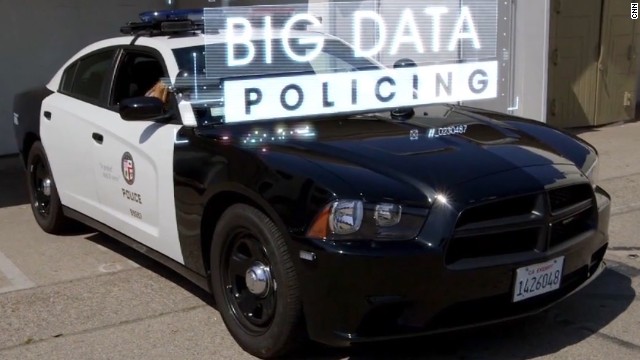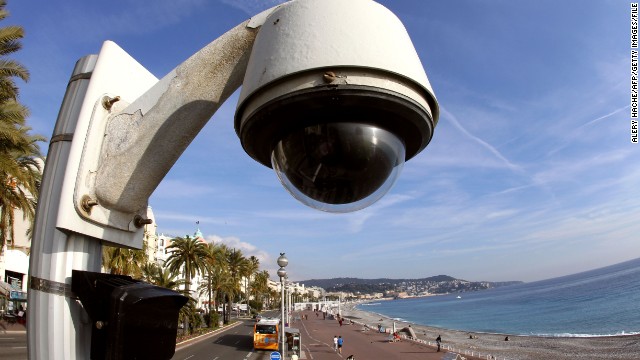Story highlights
- Two talking robots have been installed in the DRC capital Kinshasa to regulate traffic
- They are powered by solar panels and are equipped with surveillance cameras
- The aim is to cut accidents and help reduce traffic in Kinshasa's busy streets
How do you solve the problem of choking road traffic in one of the world's bustling megacities? You bring in the robot cops.
In Kinshasa, the sprawling capital of the Democratic Republic of Congo, two humanoid robots have been installed in high-traffic areas to regulate the flow of vehicles and help drivers and pedestrians traverse the roads safely.
The goal is to ease the traffic woes of commuters and cut the number of road accidents in the center of Kinshasa, a city of some 10 million people.
"It is an innovation about road safety," Vale Manga Wilma, president of the DRC's National Commission for Road Safety (Commission Nationale de Prevention Routiere), told CNN.
"The traffic is a big problem in the rush hours," he explained. "With the robots' policemen intelligence, the road safety in Kinshasa becomes very easy."
Standing eight feet tall, the robot traffic wardens are on duty 24 hours a day, their towering -- even scarecrow-like -- mass visible from afar. They are powered by solar panels and are equipped with rotating chests and surveillance cameras that record the flow of vehicles.
The humanoids, which are installed on Kinshasa's busy Triomphal and Lumumba intersections, are built of aluminum and stainless steel to endure the city's year-round hot climate.
Featuring green and red lights, Kinshasa's robot cops are designed to merge some of the functions of human officers and traffic lights. The anthropomorphic robots can raise or bend their arms to stop passing vehicles or let others pass, and are also programmed to speak, indicating to pedestrians when they can cross the road.
Manga Wilma said that this is a DRC-made technology, designed and built by a team of local engineers called WITECH ONG.























